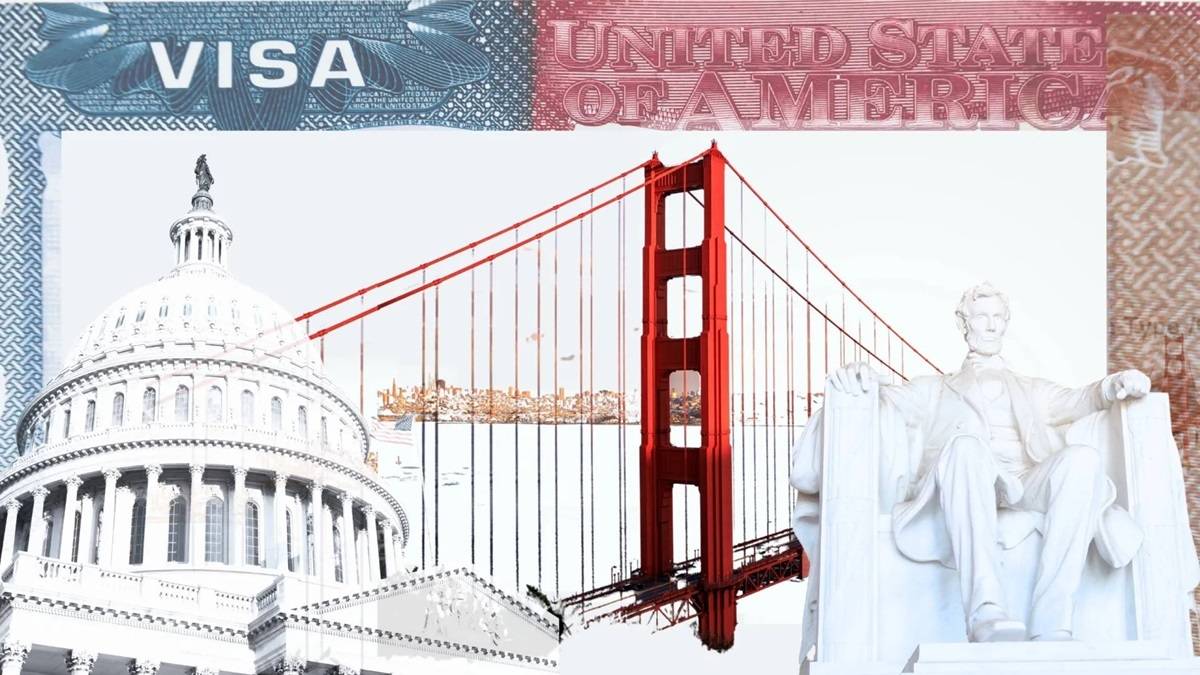Meanwhile, education consultants warn that visa issuance to Indian students fell by 27% between March and May 2025, while the forecast for Fall arrivals shows a possible 70–80% decline compared to last year.
Thousands of Indian students admitted to U.S. universities are facing uncertainty as U.S. Embassy and Consulates in India struggle to process student visas efficiently. Limited appointment slots, introduced in response to stringent screening policies implemented in June 2025, have stalled visa issuance and raised fears of drop in Fall arrivals.
As of June 18, 2025, U.S. State Department implemented enhanced screening protocols for all F‑1, M‑1, and J‑1 visa applicants, including mandatory submission of social media handles used over the past five years and the requirement to make those profiles public

From May 27 to June 26, U.S. consulates globally, including in India, paused new student visa interviews to accommodate this policy change
While interviews resumed at end of June, backlog and additional vetting steps have drastically reduced consular capacity. U.S. Embassy has acknowledged this situation and announced it is releasing a limited number of additional visa appointment slots through the end of August to address urgent demand.
Further, embassy is preparing an FAQ fact sheet to clarify procedures, and has prioritized J‑1 physician visa applicants via a software system.
Diplomatic pressure is mounting: a bipartisan group of 14–15 U.S. lawmakers has formally urged the State Department to swiftly resolve the backlog and ensure equitable access to appointments, requesting a detailed response by August 8, 2025.
Meanwhile, education consultants warn that visa issuance to Indian students fell by 27% between March and May 2025, while the forecast for Fall arrivals shows a possible 70–80% decline compared to last year.
Following the resumption of interviews on June 26, Indian applicants continue to face chaos: erratic slot availability, sudden removals of booking portals, and a rise in administrative processing under Section 221(g).
Read More:
Follow Shiksha.com for latest education news in detail on Exam Results, Dates, Admit Cards, & Schedules, Colleges & Universities news related to Admissions & Courses, Board exams, Scholarships, Careers, Education Events, New education policies & Regulations.
To get in touch with Shiksha news team, please write to us at news@shiksha.com

 Call 8585951111
Call 8585951111
Abhay Anand is an experienced education journalist with over 15 years in print and digital media. Currently serving as Manager- Editorial at Shiksha.com, he specializes in higher education policy, student mobility,
Read Full Bio